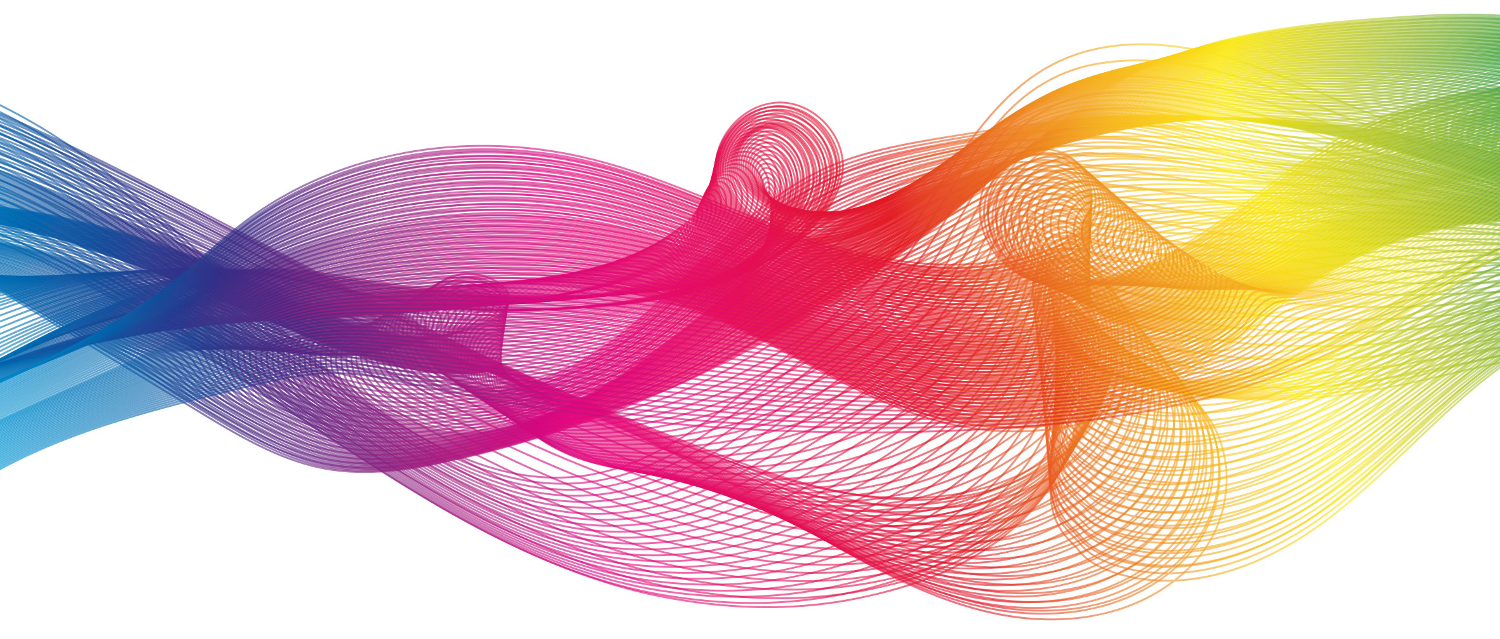The hype surrounding ChatGPT has brought it to the attention of the general public: Communicative AI – the spread of generative AI for the purpose of communication – is becoming increasingly widespread. But what exactly does it mean when machines become part of human communication relationships? How is social communication changing as a result? To what extent are the digital infrastructures of communicative AI a challenge for the environment and climate? What new types of human work will emerge with communicative AI – and which professions may disappear? What does all this mean for human practice and how is governance of communicative AI possible?
These are the questions we want to discuss together with international experts at the University of Bremen. The following speakers have been invited:
– November 21, 2023
Prof Dr Julia Velkova (Linköping University, Sweden):
“Greening the cloud: data and energy entanglements in friction”
18.00-20.00, Rotunde, Cartesium (also part of the FB9 sustainability lecture)
– November 28, 2023
Prof Dr Nick Couldry (LSE, Great Britain):
“AI as Knowledge Capture and Colonial Landgrab”
18.00-20.00, Rotunde, Cartesium
– December 05, 2023
Prof Dr David Gunkel (Northern Illinois University, USA)
“The Relational Turn: A Techno-Ethics for the 21st Century and Beyond”
18.00-20.00, SFG 1040
– 16 January 2024
Dr Arne Hintz (Cardiff University, United Kingdom):
“Deciding about Communicative AI: Governance, Participation and Social Justice”
18.00-20.00, Rotunde, Cartesium (also part of the FB9 Sustainability Lecture)
– January 30, 2024
Prof Dr Petter Bae Brandtzaeg (University of Oslo, Norway)
“The Future of Free Speech in an AI-Driven Society”
18.00-20.00, SFG 1040
We invite the interested public to attend the lecture series to discuss the socially highly relevant topic of Communicative Artificial Intelligence. The events will be held in English. All experts will be present in person in Bremen. If you are unable to attend in person for any reason, you have the option to participate online. To receive the access link, please write to: yoezer@uni-bremen.de.
For more information, please visit our website: https://www.uni-bremen.de/en/zemki/events/comai-lectures
